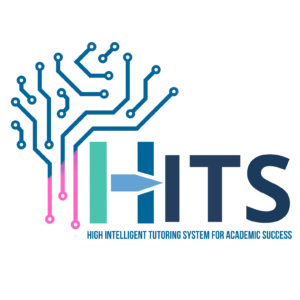
The implementation of Intelligent Tutoring Systems (ITS) within European universities is fundamentally reshaping the way students engage with learning materials. These innovative systems provide tailored educational content while actively working to mitigate dropout rates through timely interventions for at-risk students. Utilizing predictive analytics, ITS can identify early warning signs of academic struggle, enabling educators to intervene before a student falls too far behind. However, the adoption of such advanced technologies is not without its challenges. Significant investment in faculty training and infrastructural improvements is crucial for successful implementation. Furthermore, it is vital for universities to adopt a strategic approach when integrating ITS into their existing curricula. This involves ensuring that educators are equipped not only with the technical skills to utilize these systems effectively but also the pedagogical knowledge to maximize their impact on student learning outcomes. By prioritizing these factors, universities can significantly enhance the learning experience for their students.
